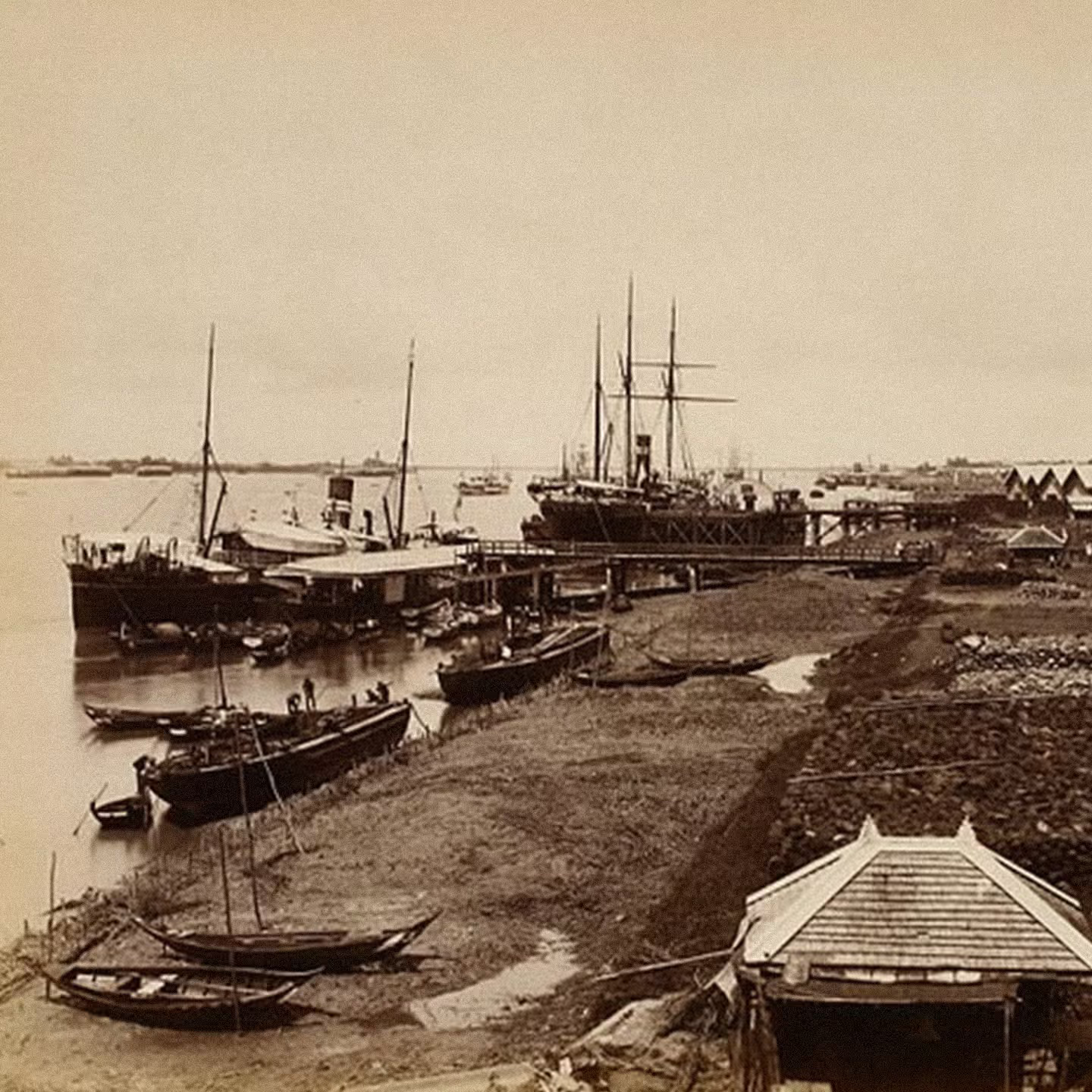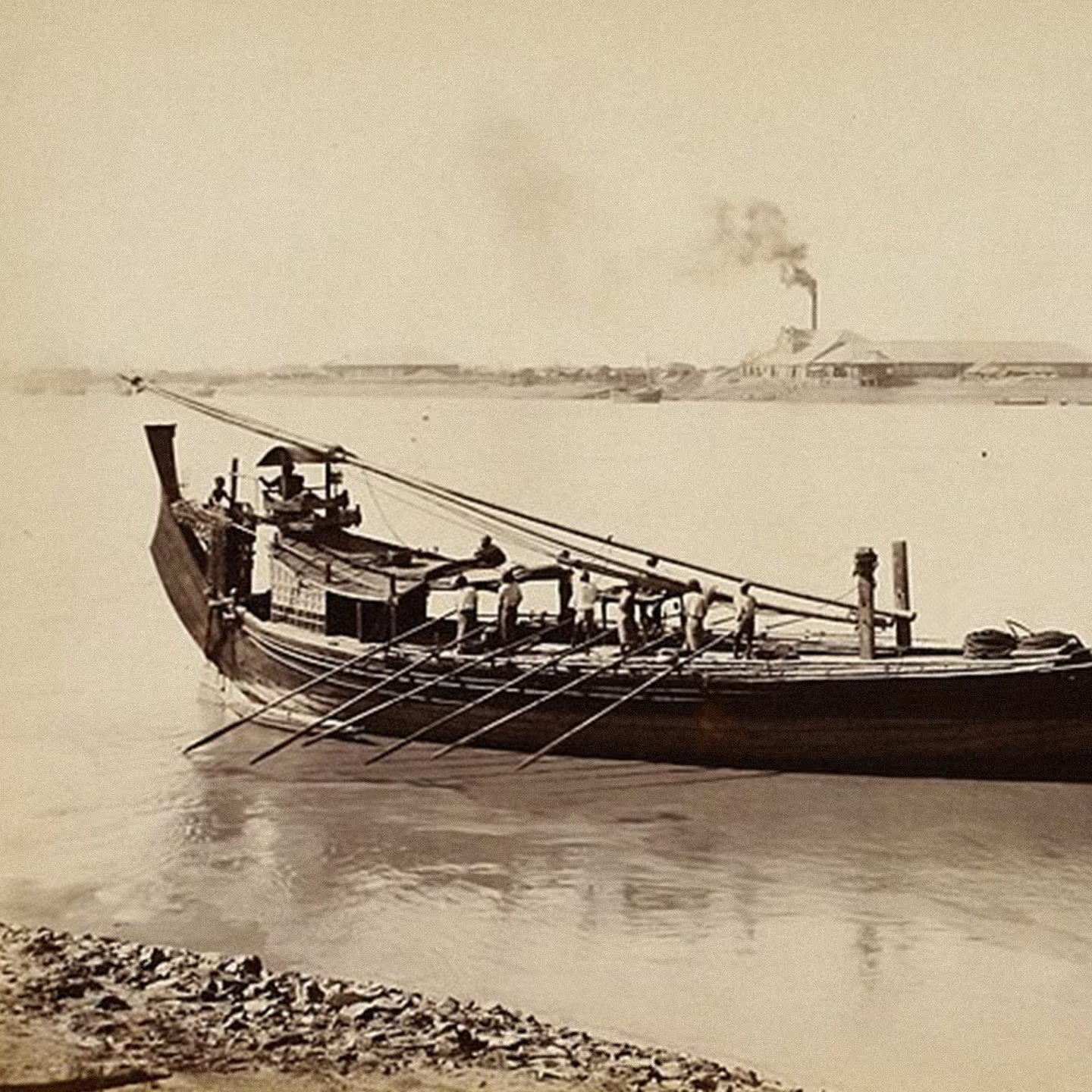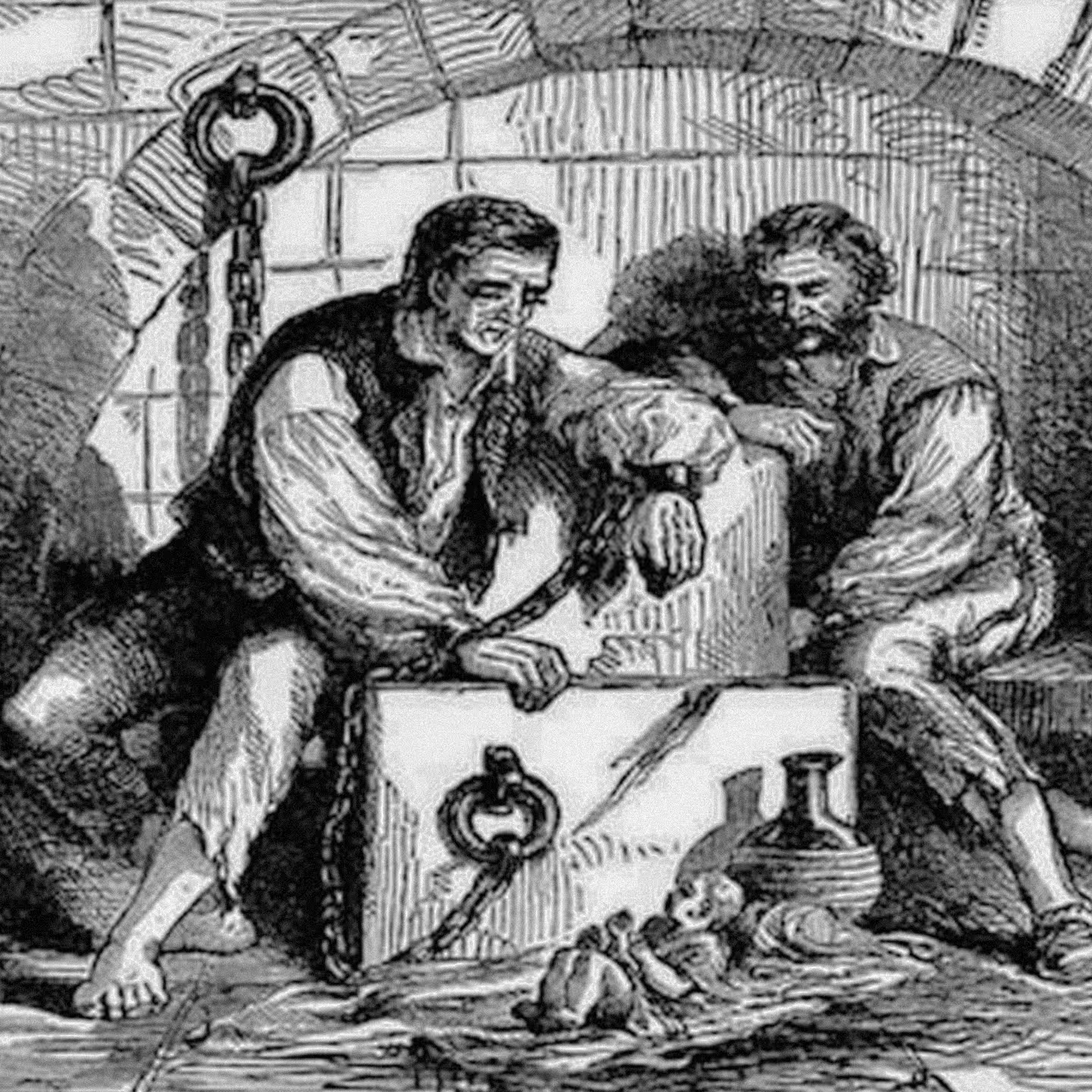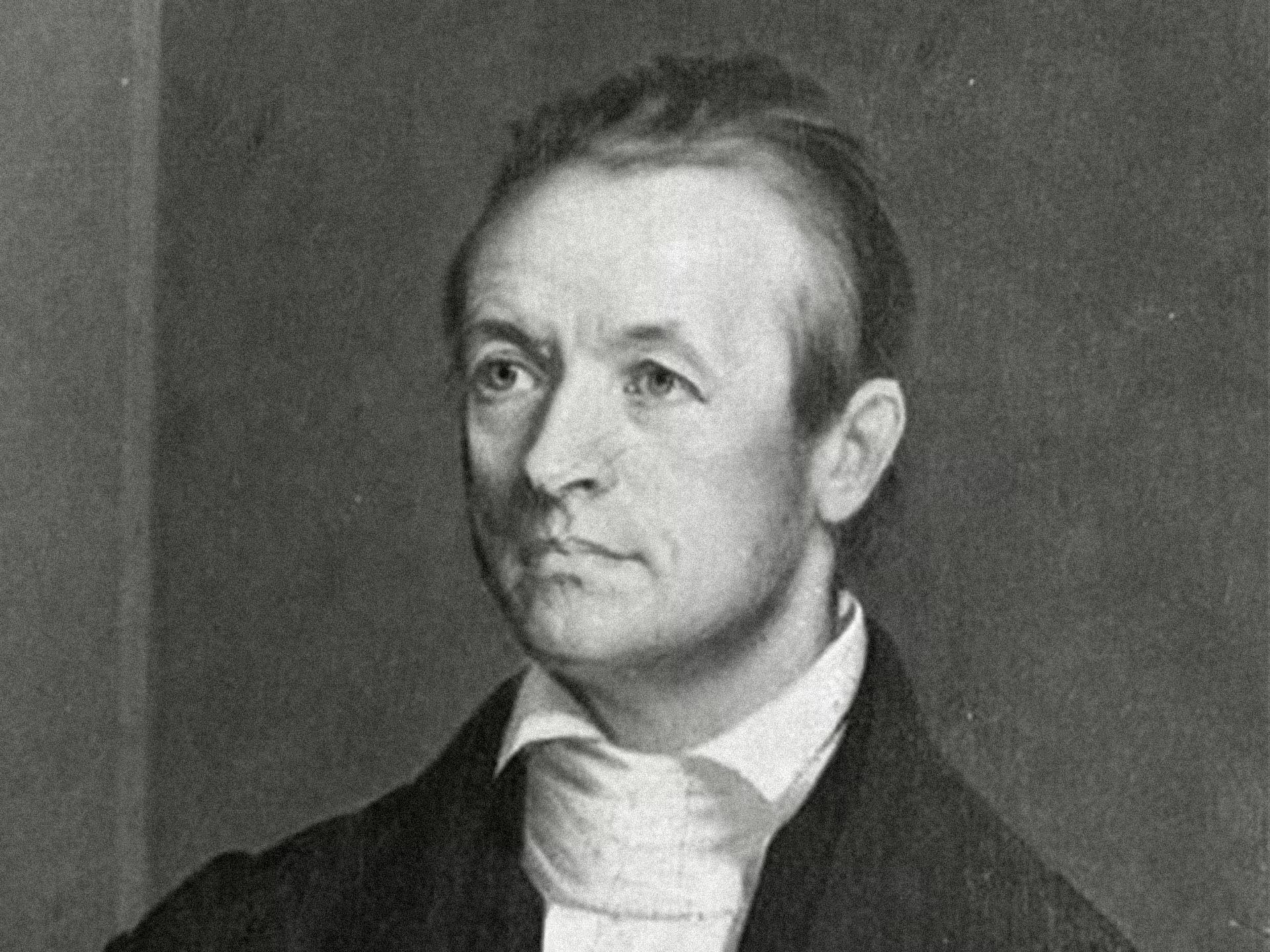Adoniram Judson was one of the first Baptist missionaries sent from the United States, dedicating nearly four decades of his life to gospel work in Burma. His pioneering efforts helped spark the modern missionary movement in America and continue to encourage believers today.
Though often remembered as a heroic figure, Judson’s missionary successes came at great cost. His life was marked by profound suffering as he endured the deaths of two wives, lost several children, and was imprisoned under brutal conditions. Yet through every trial, Judson remained steadfast. He devoted his life to translating the Bible, planting churches, and laboring tirelessly for the salvation of the Burmese people. Judson believed the Great Commission was worth every sacrifice and lived to make Jesus known to the ends of the earth.

Early Years
Adoniram Judson was born in Malden, Massachusetts, in 1788. The son of a Congregationalist pastor, Judson was raised with a strong foundation in Scripture. But despite his religious upbringing, his heart remained hard to the gospel. While studying at Brown University, he became a skeptic through the influence of a classmate named Jacob Eames.
One night during his travels, Judson stayed in a local inn and was unsettled by the sound of a dying man in the room next door. The next morning, he was stunned to learn the man was none other than his friend, Jacob Eames. The shock of Eames’ death, as well as the thought of his eternal destiny, shook Judson to the core. He later reflected:
“Lost. In death, Jacob Eames was lost—utterly, irrevocably lost. Lost to his friends, to the world, to the future…. But suppose Eames had been mistaken? Suppose the Scriptures were literally true and a personal God real?”
This haunting experience shook Judson deeply. Though not yet a believer, he was granted special admission to Andover Theological Seminary, where he eventually came to faith in Christ.
A Burden for the Nations
Not long after his conversion, Judson became burdened for the unreached. Judson and a few like-minded students began meeting to pray for the nations. Reflecting on this season and his growing conviction, he wrote: “I have considered the subject of missions nearly a year and have found my mind gradually tending to a deep conviction that this is my duty personally to engage in this service.” His passion helped lead to the formation of the American Board of Commissioners for Foreign Missions, which appointed Judson as one of its first missionaries in 1810.
In 1812, Judson married Ann “Nancy” Hasseltine. Just days later, he was ordained, commissioned, and set sail for India with Nancy at his side.

Becoming a Baptist
When the Judsons left America, they were committed Congregationalists who affirmed the practice of infant baptism. But during the long voyage to India, Judson began to study the doctrine of baptism more carefully, knowing that he would soon meet Baptist missionary William Carey. To Judson’s surprise, the study changed his mind. Instead of becoming more equipped to defend their position on baptism, Judson and his wife became convinced of believers’ baptism by immersion.
Upon arriving in India, the Judsons were both baptized. This conviction led them to resign from their missions agency, forfeiting all financial support. They later aligned with the newly formed American Baptist Missionary Union, becoming its first supported missionaries. With renewed focus, Judson began learning the Burmese language and preparing to translate the Bible.

Suffering and Perseverance
Judson’s early years in Burma were painfully slow. It took six years of labor before he saw his first convert. The culture was resistant to Christianity, and the political climate was hostile to foreigners. The Judsons also faced heartbreaking personal losses. Three of their children died, and Nancy’s health deteriorated, forcing her to return to America for a time to recover.
In 1824, during the Anglo-Burmese War, Judson was falsely accused of being a British spy and imprisoned. For nearly two years, he endured severe malnutrition, disease, and cruelty. Nancy advocated tirelessly for his release, bringing him food and medicine, and smuggling in his Burmese Bible translation, sewn into his pillow.
Judson was finally released in 1826 and invited to serve as a translator for the Burmese government. Not long after, Nancy died from an illness. In his grief, Judson withdrew in solitude and spent weeks in the tiger-infested jungle of Burma, eating minimal rice rations and digging his own grave. Reflecting on his season, he wrote, “If I had not felt certain that every trial was ordered by infinite love and mercy, I could not have survived my accumulated sufferings.”

Years of Fruitful Ministry
In time, Judson resumed gospel ministry. He moved to Moulmein in 1828, where he built a church and a school, and worked on his translation of the Bible into Burmese, which he finished in 1834. That same year, Judson remarried Sarah Hall Boardman, a widowed missionary. Together they had eight children, though several died in infancy.
In 1845, Sarah’s health declined. The Judsons set out for America to recover, but Sarah died en route. Just six months later, their two-year-old daughter also died.
Still, Judson pressed on. He returned to Burma, where he saw greater gospel fruit, especially among the Karen people. Judson visited American churches, inspiring and mobilizing a new generation of missionaries.
In 1846, Judson remarried Emily Chubbock, a writer, and together they returned to Burma. Not long after, however, Judson’s health began to fail. Seeking warmer weather, he boarded a ship, but died at sea in 1850.
A Lasting Legacy
Adoniram Judson spent nearly forty years in Burma, translating the Bible, writing books, planting churches, and leading hundreds to Christ. Though his life was marked by hardship and loss, his unwavering commitment to the gospel remained steadfast.
Judson’s life reminds us that the gospel often advances through great suffering, but Christ is worthy of it all. His legacy continues to inspire believers to go, send, and count the cost for the sake of His name.
Remembered as a heroic figure, Judson’s missionary successes came at great cost. His life was marked by profound suffering as he endured the deaths of two wives, lost several children, and was imprisoned under brutal conditions.
Additional Resources
- Read the classic biography To the Golden Shore by Courtney Anderson
- Read Six Years, No Converts at Desiring God
